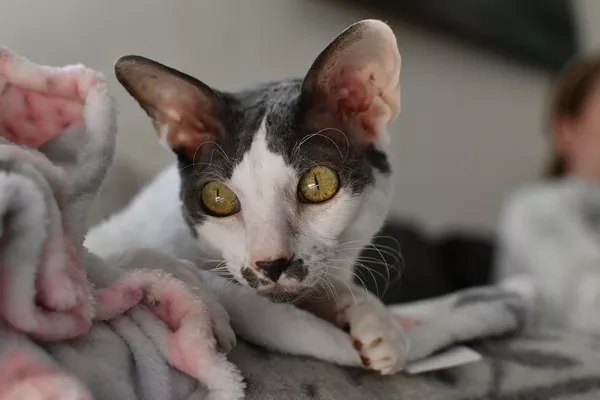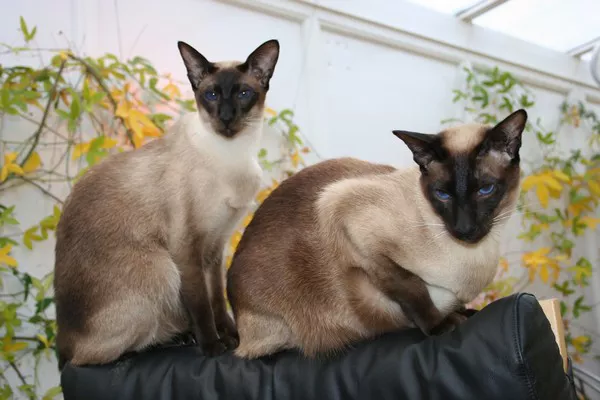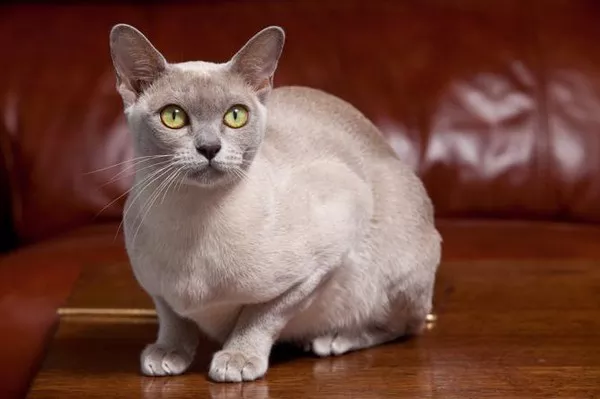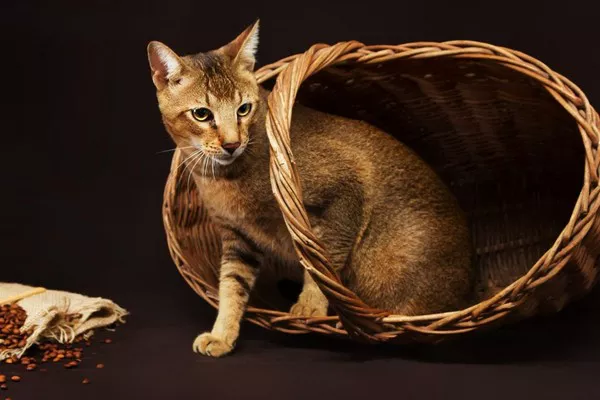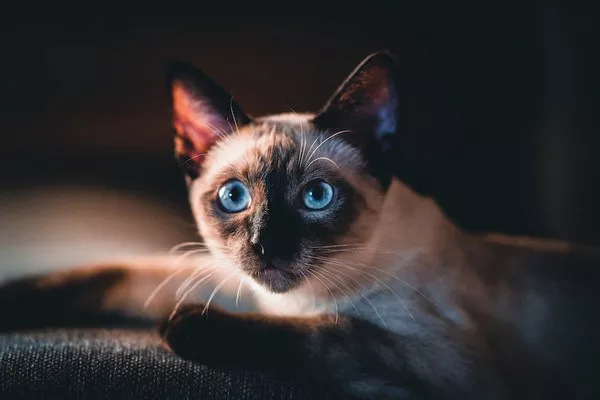Cornish Rex cats are renowned for their unique appearance, characterized by their sleek, curly coats and striking personalities. While they have many qualities that make them exceptional pets, it’s essential to consider both the pros and cons of welcoming a Cornish Rex into your home. In this article, we’ll focus on the cons of having a Cornish Rex cat as your feline companion, helping you make an informed decision about whether this breed is the right fit for your lifestyle.
1. Allergies and Shedding
Excessive Shedding
One of the primary cons of owning a Cornish Rex is their shedding. Unlike some other breeds, Cornish Rex cats have very short, fine hair that tends to shed more frequently. While they may not leave behind large clumps of fur, their fine hairs can become embedded in fabrics, making it challenging to keep your home fur-free.
Allergic Reactions
Individuals with allergies to cat dander may find that Cornish Rex cats trigger their symptoms more than other breeds. This is because the dander (tiny, often microscopic flecks of skin shed by cats) can become airborne more easily due to the Cornish Rex’s shedding tendencies.
2. High Energy Levels
Constant Playfulness
Cornish Rex cats are known for their high energy levels and constant playfulness. While this can be endearing, it can also be overwhelming for owners who prefer a more laid-back pet. These cats require plenty of mental and physical stimulation to stay happy, and if not provided, they can become restless and even destructive.
Need for Interactive Playtime
Owners of Cornish Rex cats must commit to engaging in interactive playtime regularly. This breed thrives on play sessions with toys and puzzles that challenge their intelligence. Neglecting their play needs can lead to behavioral issues.
3. Health Considerations
Susceptibility to Health Issues
Cornish Rex cats are generally healthy, but they are prone to certain breed-specific health concerns. These include skin conditions, digestive issues, and respiratory problems. Owners may need to provide specialized care and regular veterinary check-ups to maintain their cat’s health.
Sensitivity to Temperature
Due to their lack of a protective outer coat, Cornish Rex cats are sensitive to temperature changes. They are more susceptible to getting cold and may require extra warmth during colder months. Extreme heat can also be problematic for them.
4. Noise Level
Vocal Nature
Cornish Rex cats are known for their vocal nature. They are not typically loud like some other breeds, but they are not known for their silence either. If you prefer a quiet household, the constant chatter of a Cornish Rex might not be the right fit for you.
Attention-Seeking Sounds
These cats often use vocalizations to seek attention or express their needs. This can include meowing for playtime or companionship, which may be charming to some owners but disruptive to others.
5. Cost of Ownership
High Initial Cost
Obtaining a Cornish Rex cat can be relatively expensive. The breed’s uniqueness and demand often result in higher adoption or purchase fees compared to more common breeds.
Grooming and Care Costs
The unique coat of Cornish Rex cats requires special grooming and care. Owners may need to invest in moisturizing lotions and regular bathing to keep their cat’s skin in good condition. Additionally, veterinary care and potential treatment for breed-specific health issues can add to the cost of ownership.
6. Demanding Attention
Need for Social Interaction
Cornish Rex cats are highly social animals that thrive on human interaction. They can become lonely and anxious if left alone for extended periods. Owners should be prepared to provide companionship and mental stimulation consistently.
Attachment to Owners
These cats often form strong bonds with their owners and can become quite attached. While this can be endearing, it can also lead to separation anxiety if owners are away frequently.
Conclusion
In conclusion, owning a Cornish Rex cat comes with its share of cons that potential owners should consider. These include shedding and potential allergies, high energy levels demanding regular play, breed-specific health considerations, a vocal nature, higher costs of ownership, and their need for social interaction. While Cornish Rex cats can make wonderful and loving companions, it’s crucial to assess whether their unique characteristics align with your lifestyle and preferences. By understanding both the pros and cons, you can make an informed decision about whether a Cornish Rex cat is the right addition to your family.

